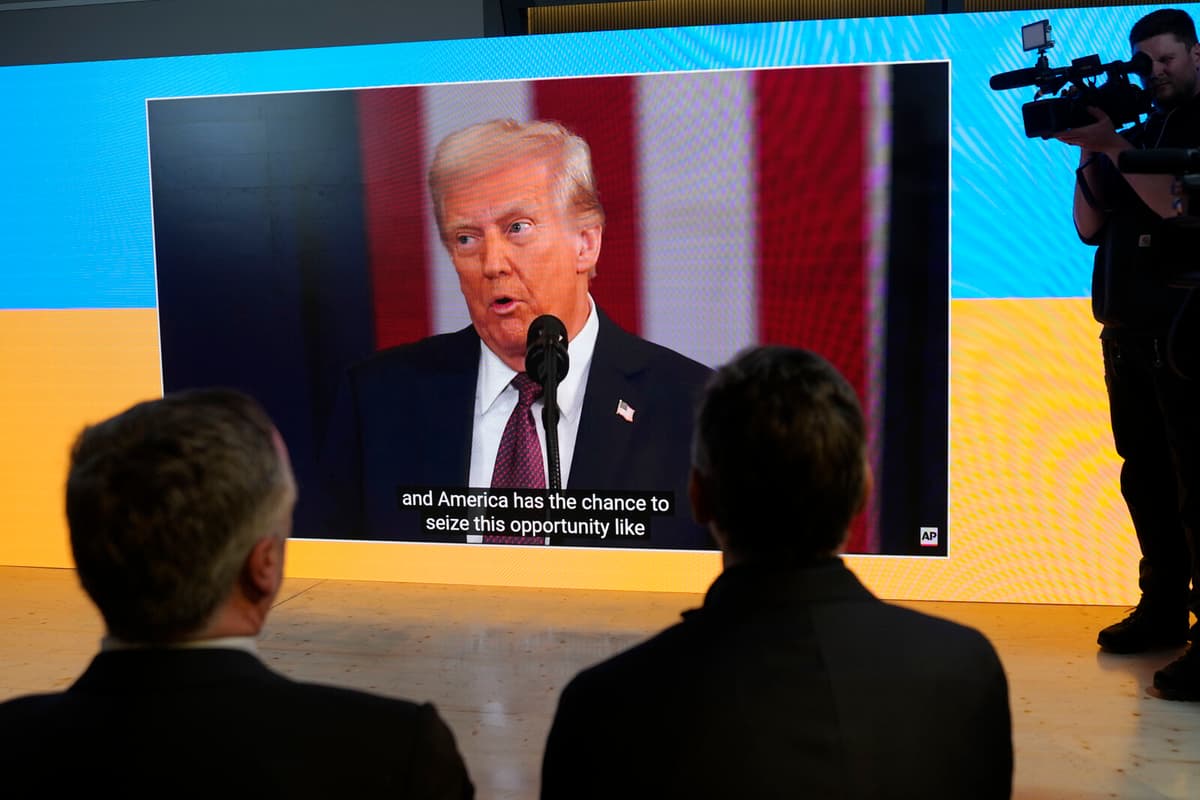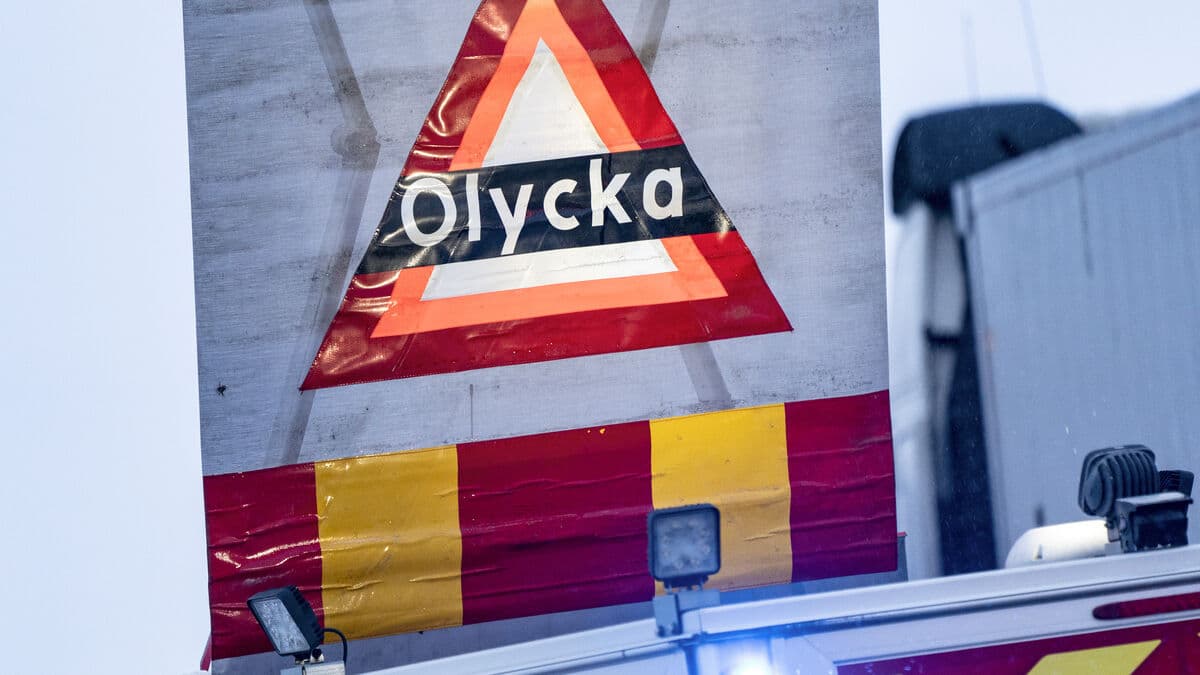Who pays for Ukraine?
For several countries in the EU, Russia's war in Ukraine is a matter of pure survival, with great concern about what the next step will be for the leadership in the Kremlin if Ukraine collapses. If the US reduces its support, European countries will have to pay more - at the same time as potentially withdrawn US sanctions against Russia can give Vladimir Putin a much-needed economic boost in the war effort.
Where does the money for defense come from?
A significant buildup has made it so that more and more NATO countries in Europe are now meeting the goal of spending at least two percent of their GDP on defense. That figure is what Trump wants to increase even more - which many European countries also see as justified given the uncertain situation. But where will the money come from? NATO chief Mark Rutte has indirectly suggested cuts in pensions, healthcare, and other welfare.
How will trade be kept open?
Tariffs and tariffs have been appointed as favorite words by Donald Trump, with concern in the EU about rising prices and increased inflation. Here, the EU stands relatively strong and has prepared itself to be able to counter with its own tariffs on US goods. Perhaps it can be resolved with increased gas and oil exports from the US to simultaneously bring down high energy prices in Europe. Good for both - but not for the environment.
Can one afford to sacrifice the climate?
The US leaving the Paris Agreement is likely to be followed by increased pressure to also loosen tough environmental regulations and climate commitments in the EU. The EU Commission assures that it does not intend to back down, but may have difficulty resisting a growing opinion - not least from the German future (?) governing party CDU.
Who decides over the net?
With the laws DMA and DSA, the EU has hoped to be a guiding light in the world to regulate freedom of expression and justice on the net. But now the big net giants have sided with Donald Trump and accuse the EU of wanting to censor instead. In the end, it's about who gets to decide and have the right to be heard the most.






